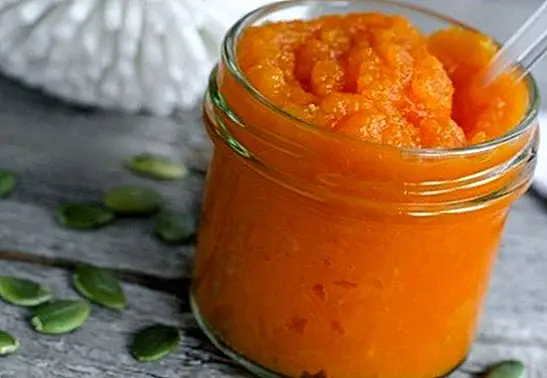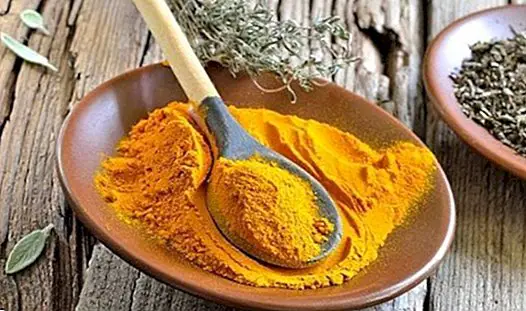Nutritional information on banana
However, it has been considered a caloric fruit with a high fat content. However, this is not true, given that 100 grams of banana contribute only 80 kilocalories, while total fat only contributes 0.2 grams.
The banana It is a fruit with a great nutritional power, being especially rich in vitamins and minerals (among which potassium stands out, given that 100 grams of banana provide 385 mg.).

It is a fruit usually consumed in sports because of its protein and carbohydrate content, since it is a food that provides energy, helps in muscle regeneration and also provides minerals and nutrients that have been lost through sports.
It can be consumed at any time of the day, although with the preference to eat it especially in the mornings at breakfast, since it provides the energy that our body needs throughout the morning and also its caloric content as we see is not at all elevated .
In reference to how to consume it, although it is true that it can be eaten only, an excellent option is to cut it into slices and accompany it with cold milk and whole grains. Delicious and healthy!
100 grams of banana provides the following nutritional values
Calories | 80 kcal. | ||
Proteins | 1.2 g. | ||
Carbohydrates | 18.5 g. | ||
Total fat | 0.2 g. | ||
Vitamins | Minerals | ||
Vitamin A | 38 mg. | Sodium | 1mg |
Vitamin B1 | 0.05 mg. | Match | 27 mg. |
Vitamin B2 | 0.06 mg. | Calcium | 8 mg. |
Vitamin B3 | 0.7 mg. | Potassium | 385 mg. |
Vitamin B6 | 0.37 mg. | Magnesium | 36 mg. |
Vitamin C | 11 mg. | Iron | 0.7 mg. |
Vitamin E | 0.5 mg. | Fluorine | 0.02 mg. |
Iron | 0.24 mg. | ||
Learn more about the properties of banana.
Image | 24oranges.nl This article is published for informational purposes only. You can not and should not replace the consultation with a Nutritionist. We advise you to consult your trusted Nutritionist.


